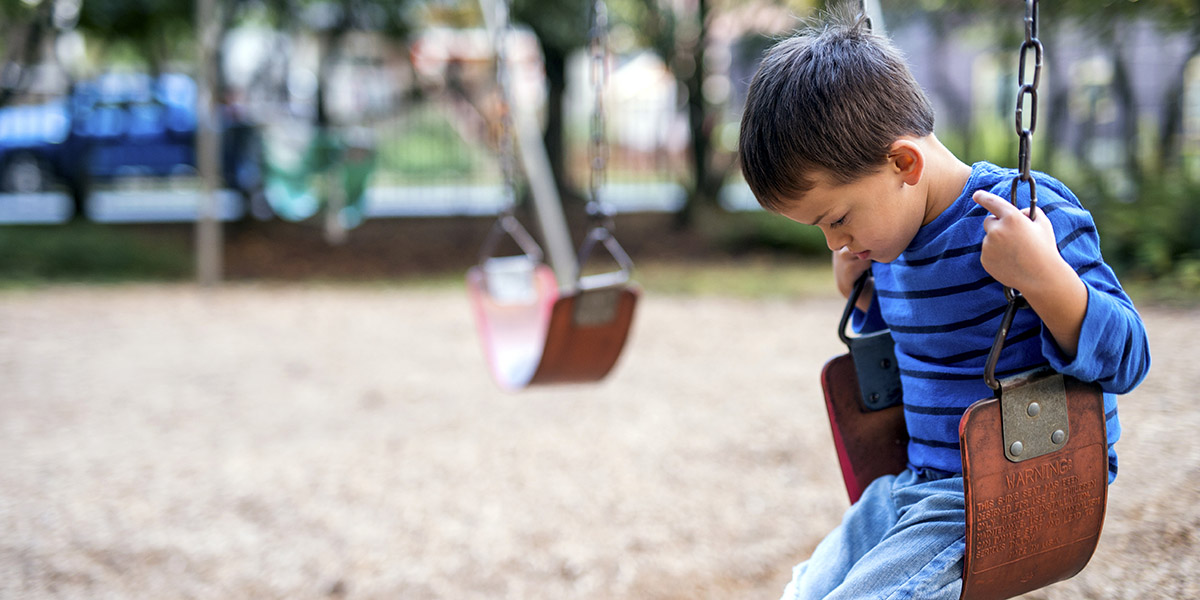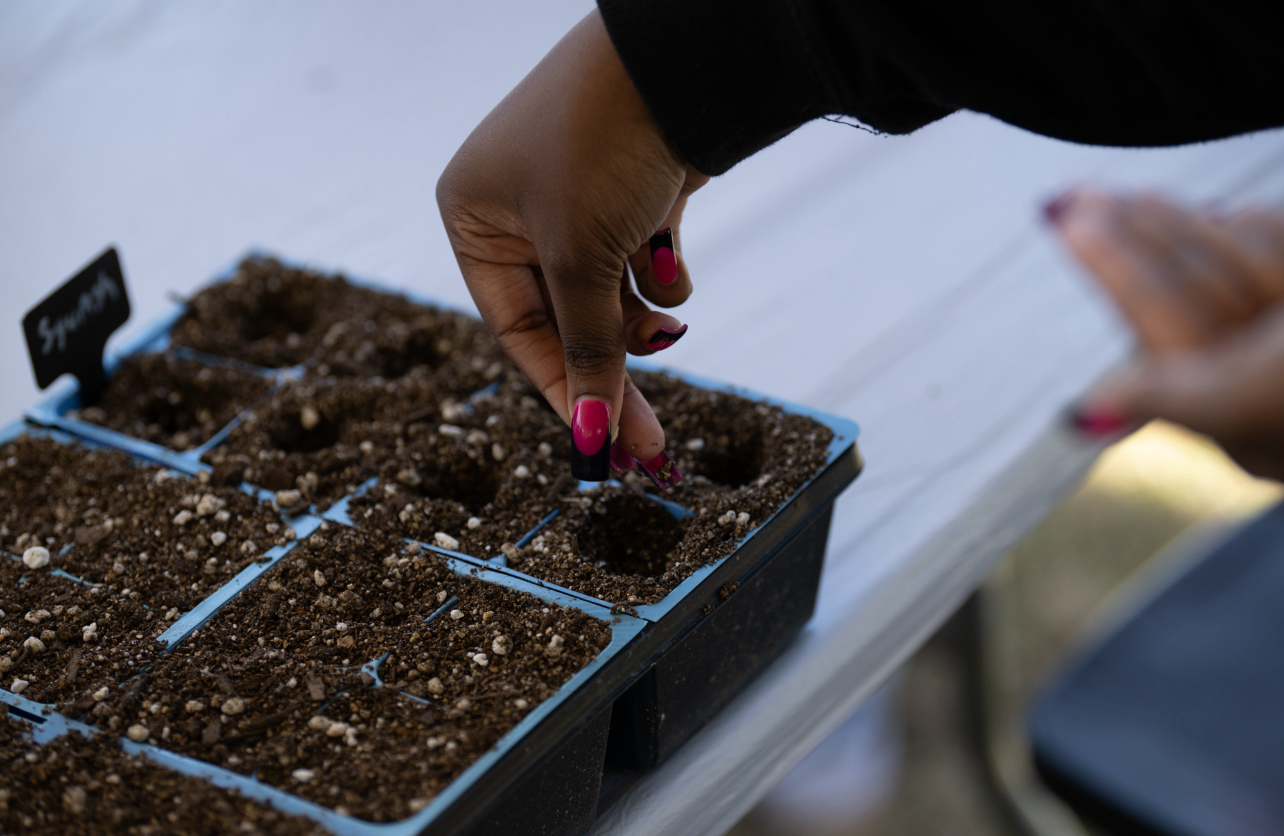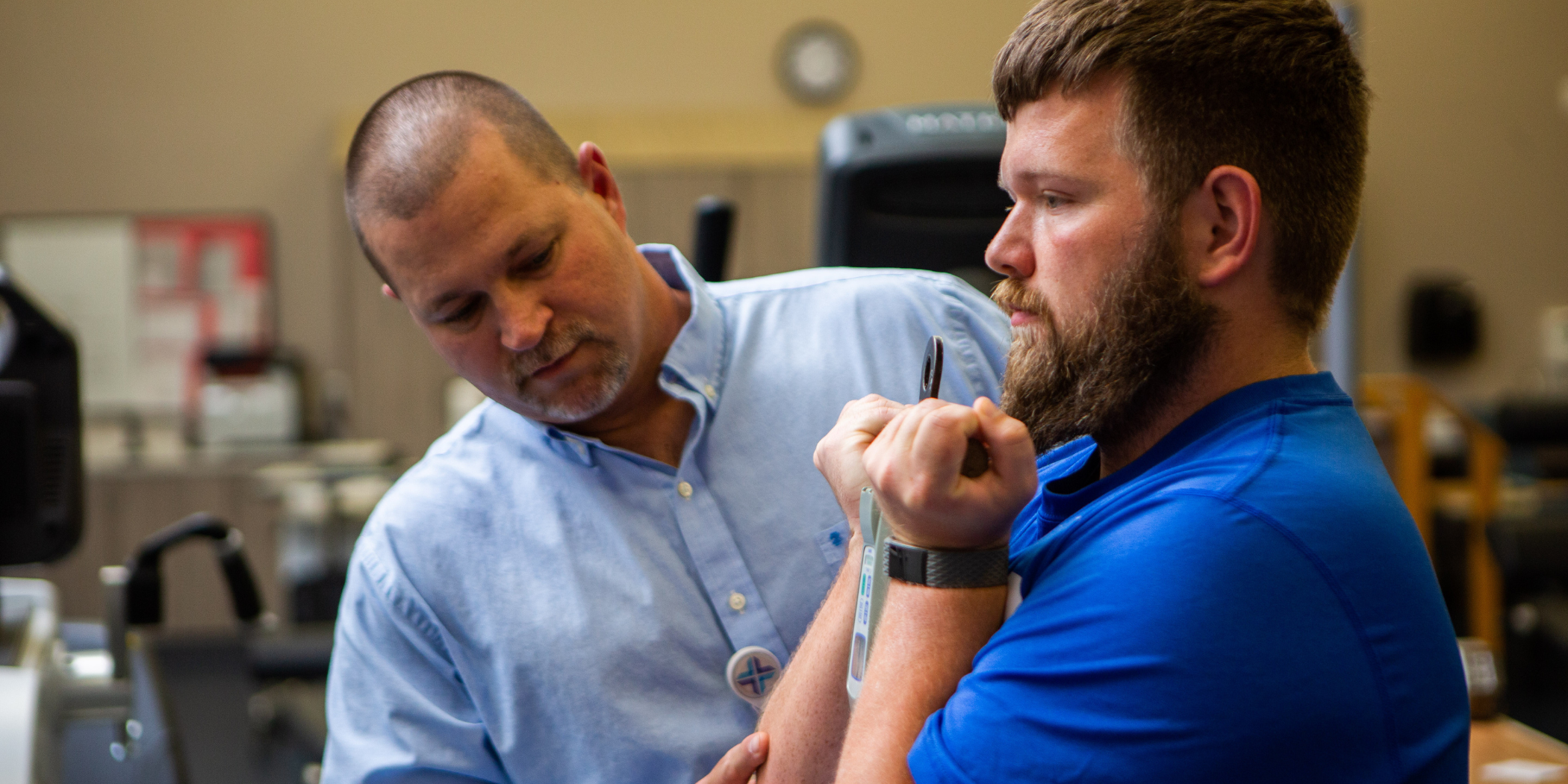
Violence is toxic to children
Editor's note: Spartanburg Regional Healthcare System is taking part in Hospitals Against Violence Day, an initiative of the American Hospitals Association held June 9, 2017.
The world's view of child abuse has become darkly stereotypical – a raised fist, an angry father, a busted lip or broken bone.
But the ways children can be hurt go far beyond this two-dimensional impression. The complexities of violence all too often turn children into adults who find it difficult to make healthy choices.
Healthcare providers in the Upstate are working to understand how these traumas can last long into adulthood.
The USC Upstate Child Protection Training Center trains healthcare providers to understand Adverse Childhood Experiences, or ACEs. In particular, the training center has partnered with AccessHealth Spartanburg.
“It's undeniable, the correlation of exposure to violence and impact on long-term health,” Jennifer Parker, PhD, LPC, said.
Parker is a professor of psychology and director of the Center for Child Advocacy Studies at USC-Upstate, of which the Child Protection Training Center is a part.
The training center works to educate professionals across the spectrum – law enforcement, teachers and others.
For health care, Parker said the question becomes: How do you treat patients? If you know this, how do you change lives? Sometimes, the answer is simple.
“Patients benefit when you offer on opportunity for them to share their early life experiences, and ask how it has affected them later in life,” Parker said.
Eye-opening for AccessHealth
Parker presented information on Adverse Childhood Experiences to the health providers at AccessHealth Spartanburg, an organization dedicated to connecting the uninsured with quality and timely health care. Spartanburg Regional and USC-Upstate are two of AccessHealth's many partners.
As part of that presentation, AccessHealth professionals took a test that analyzed their own childhood traumas, and discussed how those impact their professional lives.
It made a difference, according to Carey Rothschild, director of AccessHealth.
“One of our nurses said the training gave her a whole new perspective on why some of our patients act, react and respond the way that they do,” Rothschild said.
Childhood trauma impacts adult behaviors – but how does knowing that help a doctor or nurse treat the patient more effectively? According to Rothschild, listening sympathetically improves the way her staff builds relationships and trust.
“People want to be heard,” Rothschild said. “They may not have had anyone talk to them or listen to them in a long time, and they are hungry for that. That impacts health.”
Family histories
Forensic experts at Spartanburg Medical Center, called Sexual Assault Nurse Experts, or SANE, sometimes hear stories of childhood abuse from a surprising source – from the parents of the children they're examining.
Parents will see signals of sexual abuse in their own children because they remember their own traumas, according to Jennifer Combs, forensic nursing coordinator for Spartanburg Regional Healthcare System.
“Parents will say, ‘I think [my child] was touched because I was touched, and that was how it happened to me,” Combs said.
That's when being able to recognize adverse childhood experiences can be crucial, Combs said.
“Sometimes we have to say to a parent, ‘Let's step back and talk about you,'” Combs said.
If you suspect child abuse, please speak up. In Spartanburg County, call the S.C. Department of Social Services at 864-596-3001 (press 1) during business hours, or 864-585-1445 after hours.












